‘I grew up in a sex cult’: surviving the Children of God abuse
When Rose McGowan spoke out about the childhood abuse she suffered within the Children of God organisation, it shone a spotlight on a global cult engaging in the widespread exploitation of children. Fellow survivor Christina Babin tells how she too overcame the trauma to rebuild her life
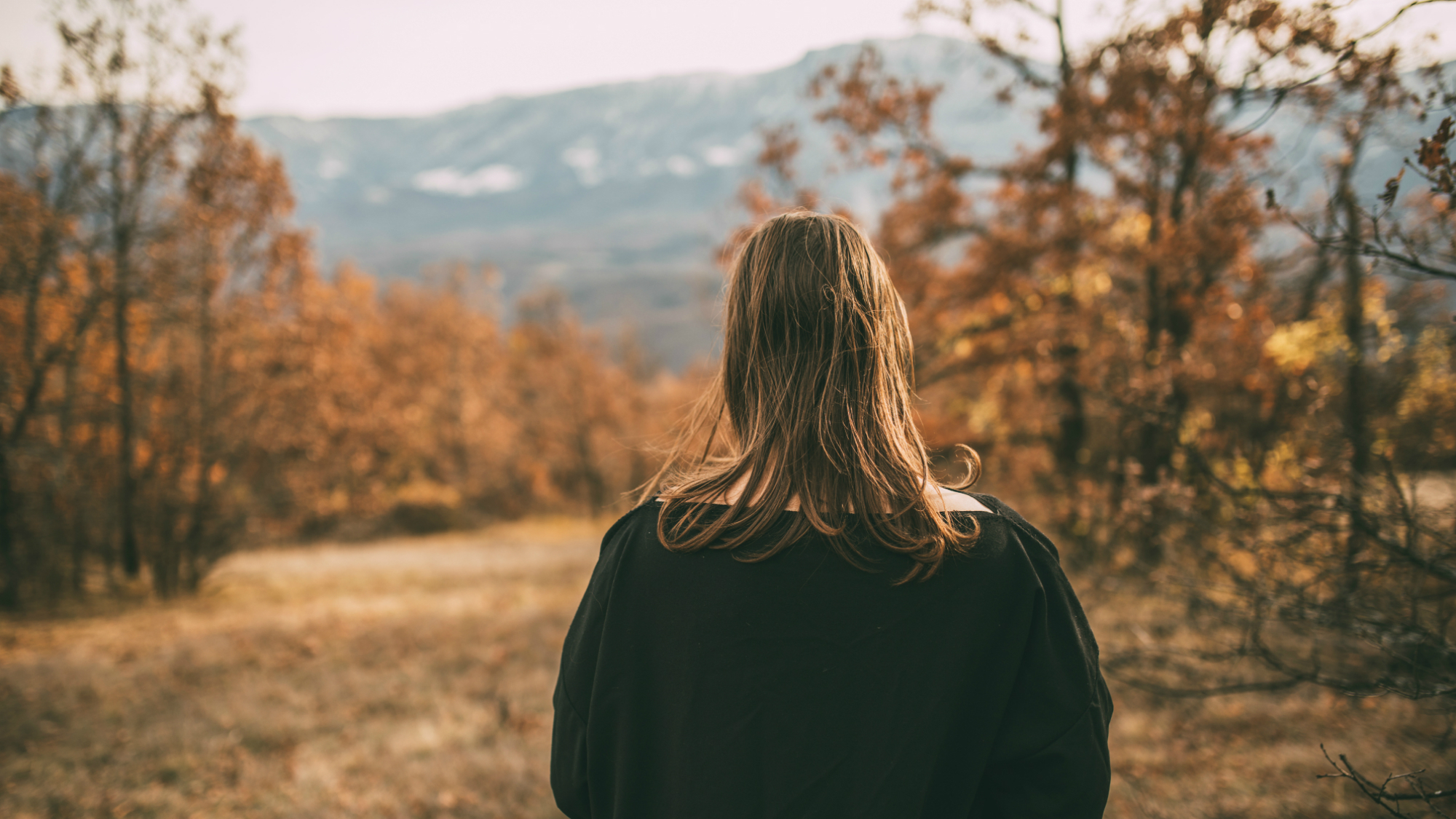
When Rose McGowan spoke out about the childhood abuse she suffered within the Children of God organisation, it shone a spotlight on a global cult engaging in the widespread exploitation of children. Fellow survivor Christina Babin tells how she too overcame the trauma to rebuild her life
My earliest memory is of living in Jamaica aged four and looking out of the window at the children playing in the street. I was amazed to see them running and laughing – they seemed so free. Despite the sweltering heat and my longing to feel the fresh air on my face, I knew, even as a child, that I was a prisoner. We left the Children of God compound just once a week to hand out food to poor children. Every other minute was dedicated to working for God.
I was just a baby when my mother naively joined the organisation with my brother and me, looking for a pure, simple way to live. She didn’t know that the Children of God was, in fact, a global cult founded on sexual abuse and violence – on the surface, it seemed like a warm community that embraced families. Set up by paedophile David Berg in California in 1968, it merged traditional Christian beliefs with communal living, and sexual contact with children from the age of 12 (Berg had sex with his own daughter at this age). High-profile members included Rose McGowan’s family, River and Joaquin Phoenix’s mother and Jeremy Spencer’s (Fleetwood Mac guitarist) family.
Whatever country we lived in, and we moved a lot, the strict routines and degree of violence we experienced were the same. Every night, I fell asleep in the desperate hope of not wetting the bed. Clearly a sign of how disturbed a child is, it was considered by the cult as demon possession and could be beaten out of you. Physical punishment was the only real constant I knew. There was no limit to how far the adults in charge would go; one boy frowned instead of smiling and was thrashed. I saw children thrown through windows, and even babies were beaten. Such abuse was followed up by hugs – totally disorientating for a small child. We were told the punishment was because the organisers loved us and it was for the good of our soul. We were made to thank them. I learned to cope by taking whatever ownership I could. I remember staring at an adult abusing a friend and thinking, ‘I’ll remember this’. It was a small thing, but all I had. All this abuse existed behind closed doors, and the conspiracy of silence and our ingrained fear of the outside world stopped the truth about what was going on from being discovered by authorities for decades.
Looking back, my childhood days pale into one repetitive cycle. We woke up at 7am in the sterile ‘children’s room’. Nuclear families were not allowed to live together, so we had to be with the kids and adults of other families, leaving us open to abuse. Then, it was straight on to your knees for prayers. After a small breakfast and more prayer, the children were allowed out for a limited period with a chaperone from the community to beg. These precious moments gave me tantalising glimpses of the outside world – of other children, shops, communities. A world we were told was corrupt and venal, where everyone was vicious to each other and deeply unhappy. Our afternoons were spent at the Children of God compound and dedicated to exercise. Competitive games were forbidden and enjoyment was banned. Exercise was simply training – it was about physically preparing us to be an army for God. There were no bedtime stories. Instead, we heard gruesome tales of how the world was about to violently end, how as martyrs we’d either burn at the stake or be shot. We went to sleep in a state of fear.
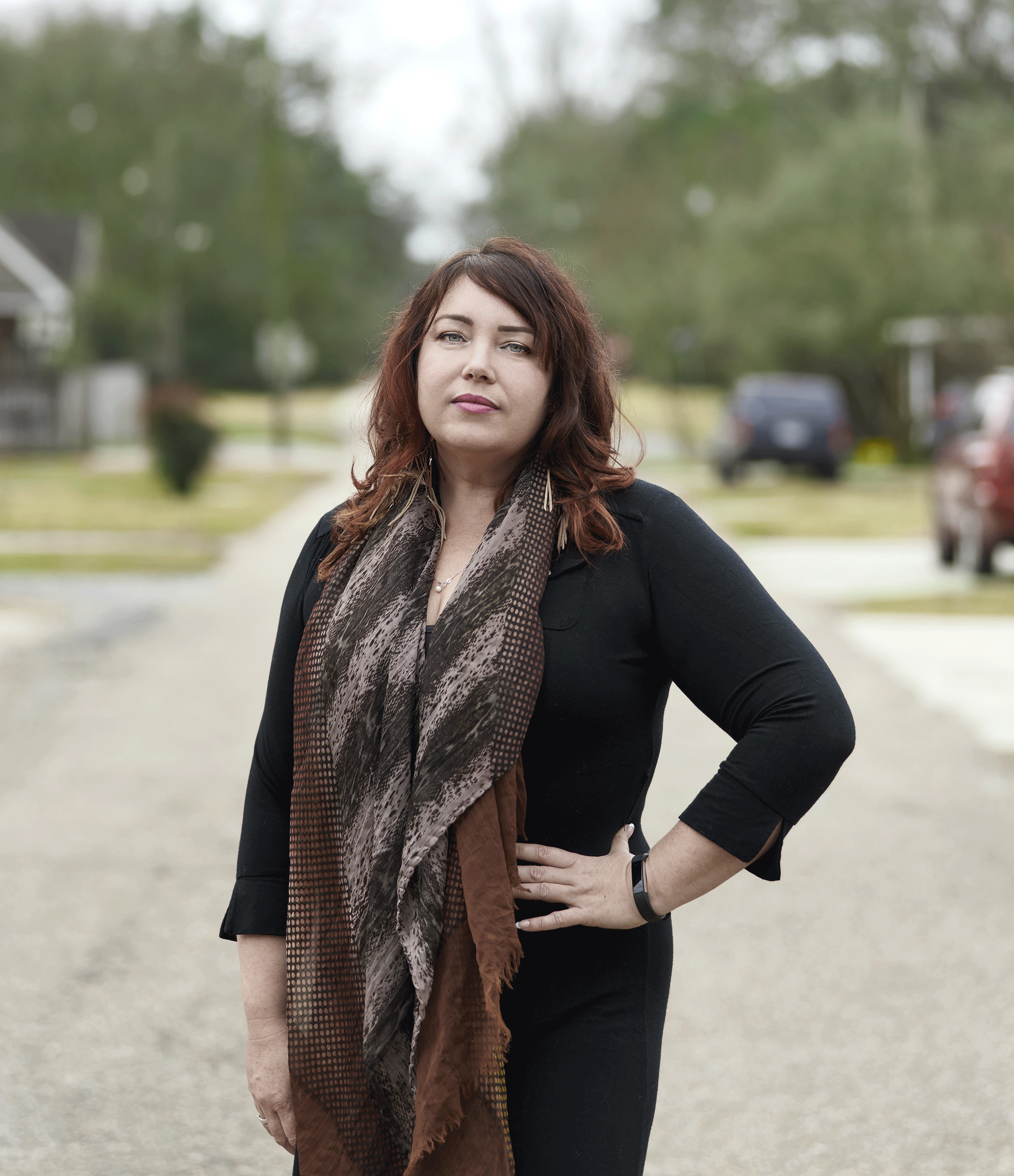
It was when I was about eight (we didn’t celebrate birthdays, so it’s hard to be sure) that the cult’s ideology shifted in a disturbing new direction – towards sex. A policy of ‘flirty fishing’ was introduced, which meant female cult members had to go out and have sex with men to convert them. In truth, this was prostitution and the cult took the profits. Then, in a disturbing twist, a letter arrived from the Children of God leader, ‘Moses David’, encouraging adults to teach children how to have sex, claiming it was healthy and good. And so the sexual abuse began. I was violated in this way from the age of 12 too many times than I care to remember, but sex was encouraged with children who were far younger. Even being isolated from TV or outside contact, deep down, I still knew it was wrong. All the children did. We also knew it wasn’t right to see adults having sex in front of us, yet were powerless to stop it. I remember Mum refusing to take part in any of the sexual behaviour, which caused lots of problems. As a result, we were split up and moved around to other communes.
At 12, I was sent to a Children of God ‘reprogramming (propaganda) camp’, then to Japan and, aged 15, to the Philippines with my older brother. For a year and a half, I never stepped outside the gate of our compound, which was surrounded by armed guards. In effect, like the other children there, I was a slave. It was a place of unchecked abuse and vicious control. The regime was brutal, and there was no talking at all. If you laughed, they’d put tape over your mouth. We were forced to fast for days, they publicly beat us, and children would disappear for months, emerging bruised and silent. My mum now had no idea where I was, my passport had been taken and there was no hope of escape.
Marie Claire Newsletter
Celebrity news, beauty, fashion advice, and fascinating features, delivered straight to your inbox!
I felt nothing but a sense of numbness when, 18 months after arriving in the Philippines, my brother and I were released and driven to the airport to go home to the US. In my hand were two reports about us, with strict instructions to pass them on to the next Children of God commune and not to read them. Realising we were alone for the first time ever as we sat on the plane unaccompanied, we opened them. Mine said I was compliant, but my brother’s was full of lies about his waywardness. We looked at each other and ripped them to shreds. It was a turning point, and yet I still wasn’t strong enough to escape, even when we landed back on US soil. It took me another two years to find the courage to leave. I know it’s hard for people to understand why I didn’t run when I had the chance; why, when I met my husband in the cult at 19 and he begged me to leave with him, I refused. But I was terrified of the outside world. I had taught myself to read but had no education, no idea how to speak to anyone and was scared after a lifetime of propaganda. I was living in mental chains.
Freedom finally came when I was 20 and he convinced me to visit his family at their home. There I saw them sit and eat, laugh and hug. I remember watching them, waiting for the beatings to start, but they never did. Six months later, on our next visit, I made the decision never to return to the Church of God. I was 21. I’m now 43, have four children and my family live normal lives. I’m angry about the years I spent in captivity, but have carved out a bright future. My revenge has been to raise intelligent, independent kids. Through my book, I’m hoping to tell victims that they don’t have to be defined by what’s happened to them. My life filled with joy, hope and love. I am a survivor.
Babin is raising money to self-publish a book about her life. Find out more at gofundme.com/cult-outsider.
Words by Kate Graham. Photograph by Craig Mulcahy
The Children of God today
Despite the arrests of cult leaders on child sex-abuse charges over the past three decades in countries across the world – including Mexico and the UK as recently as last year – the Children of God, which also refers to itself as the Family International, is still going and claims to have over 2,500 members in 80 countries. Having been reorganised and rebranded, the group is now led by founder David Berg’s widow Karen Zerby. After a series of image makeovers, the organisation now refers to itself as a church with wholesome family values, as religious organisations cannot be held accountable for the behaviour of individuals, who could be said to have misinterpreted teachings. In a bid to distance themselves from the group’s past, members argue Berg’s writings do not reflect the group’s fundamental beliefs or policies, and reject the concept of the entire membership being blamed for the wrongdoing of individuals, even those at the highest levels of leadership.
The leading destination for fashion, beauty, shopping and finger-on-the-pulse views on the latest issues. Marie Claire's travel content helps you delight in discovering new destinations around the globe, offering a unique – and sometimes unchartered – travel experience. From new hotel openings to the destinations tipped to take over our travel calendars, this iconic name has it covered.
-
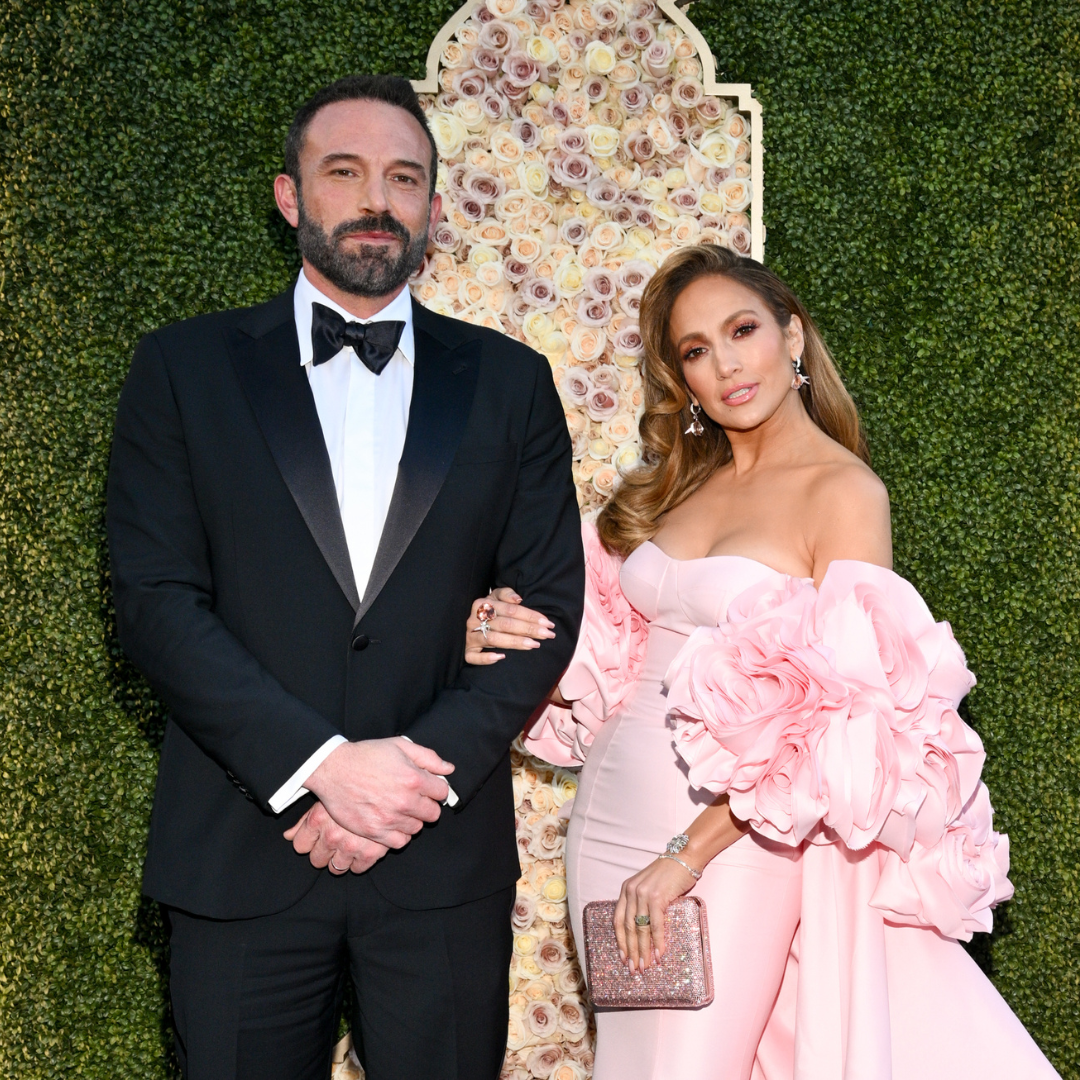 How Ben Affleck feels about dating after his divorce from Jennifer Lopez
How Ben Affleck feels about dating after his divorce from Jennifer LopezHe's taking it slow
By Iris Goldsztajn
-
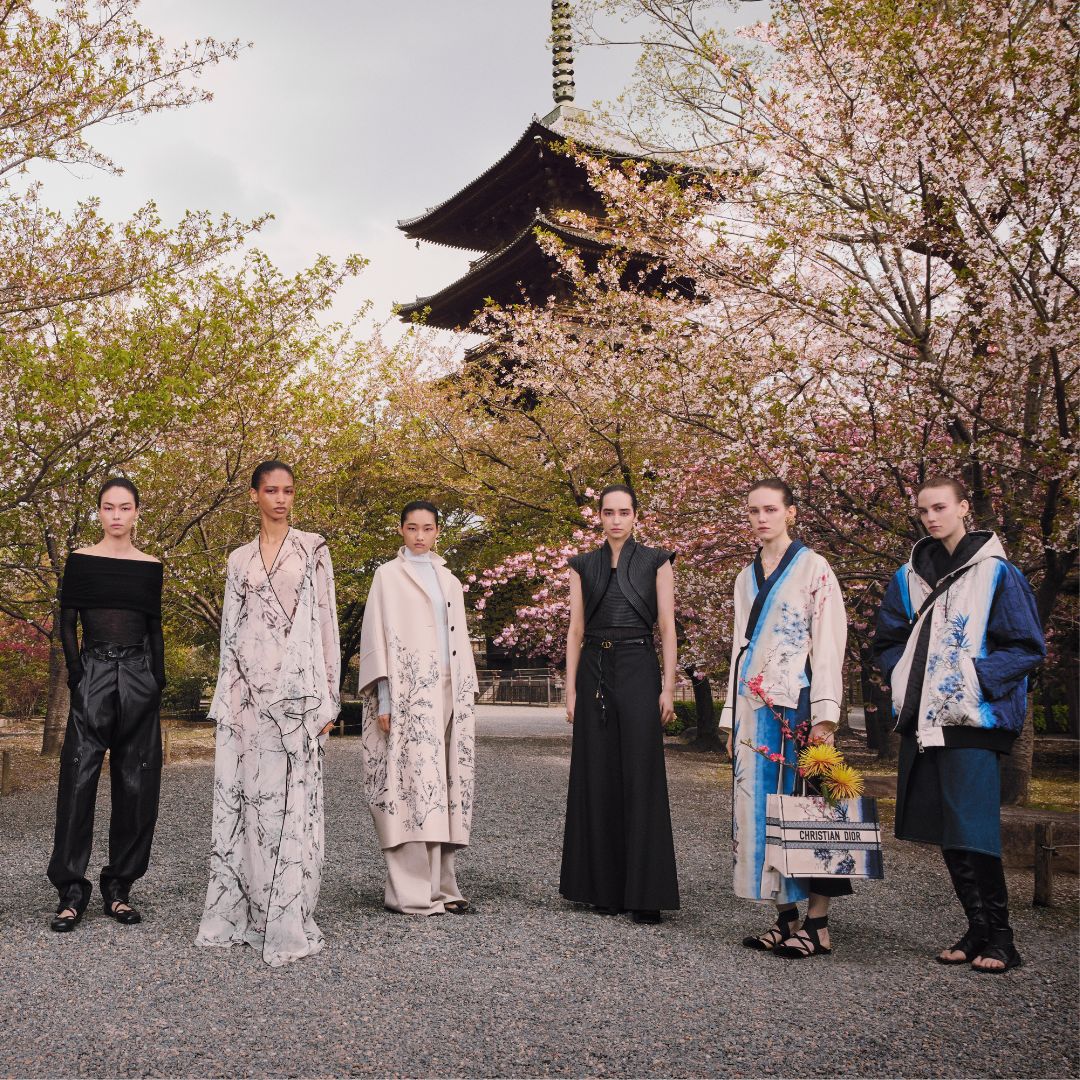 Dior travels to Kyoto for a cherry blossom-inspired fashion show
Dior travels to Kyoto for a cherry blossom-inspired fashion showHere's everything you need to know
By Clementina Jackson
-
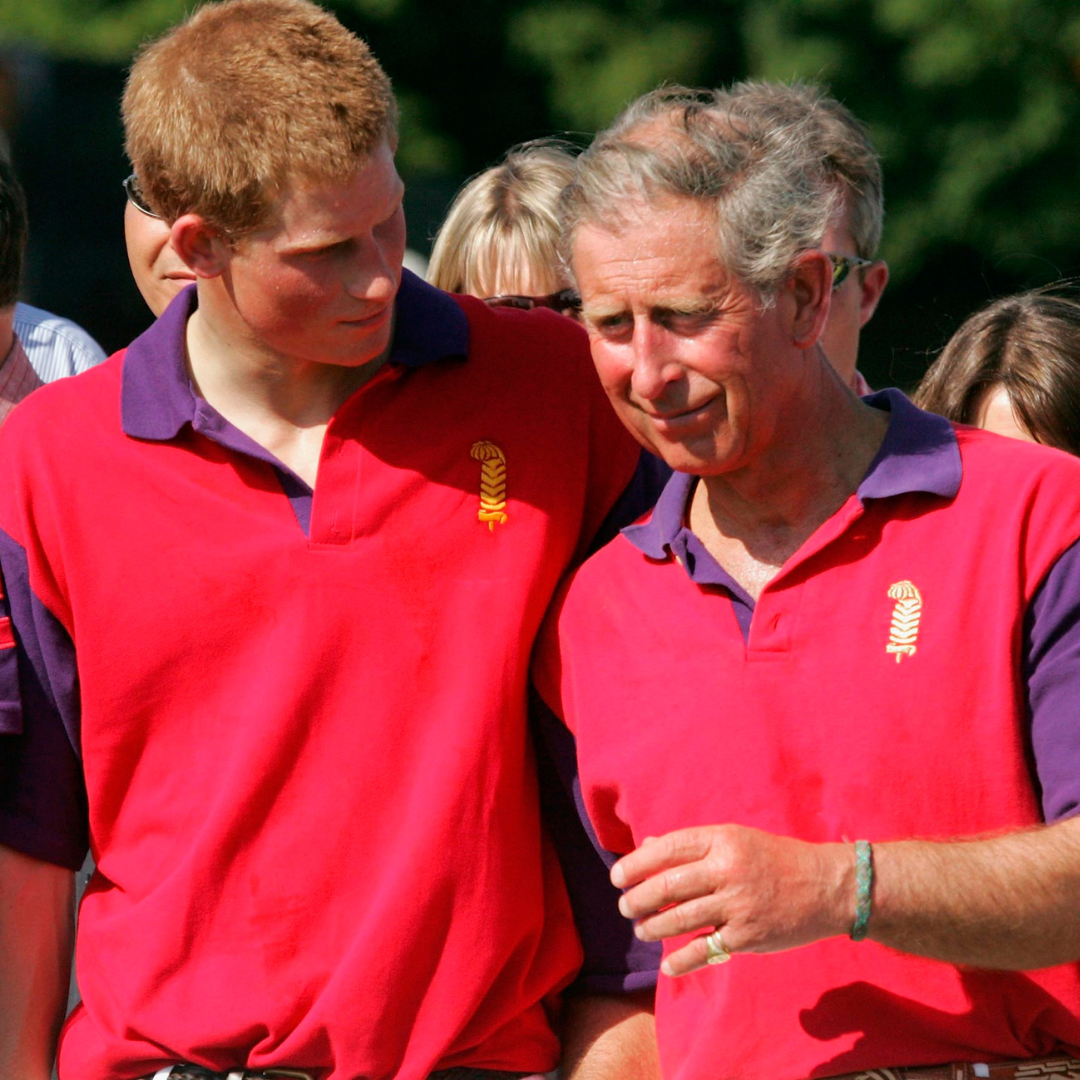 Prince Harry's calls and letters to King Charles 'go unanswered,' source claims
Prince Harry's calls and letters to King Charles 'go unanswered,' source claimsThings aren't looking up between the royals
By Iris Goldsztajn